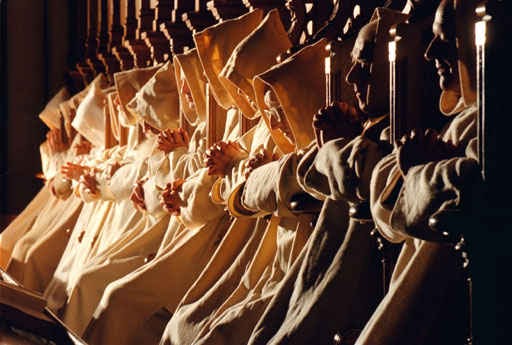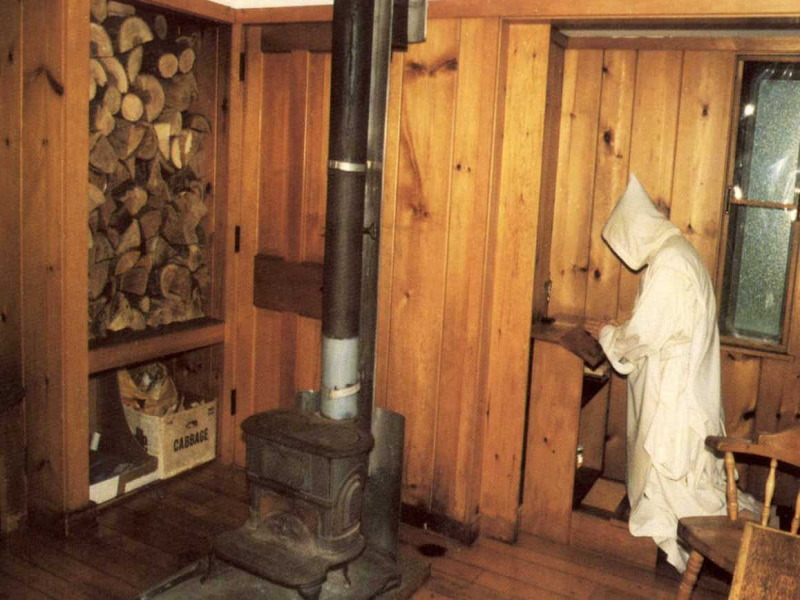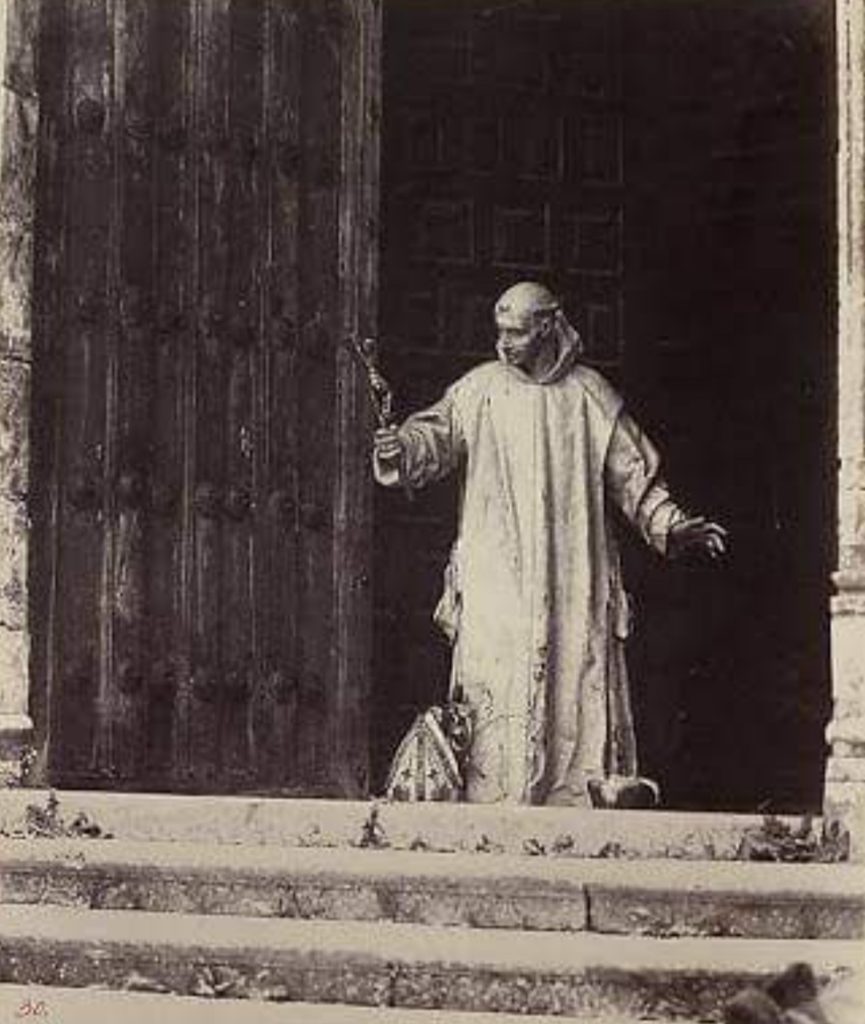By faith we affirm the truth of the divine life that has been promised to us. Through love we possess it. Hope gives us the certainty that with the help of grace we will grow in this life and finally possess it perfectly and unendingly in heaven.
In this activity of the three theological virtues is the substance of every deep and sincere prayer. We can carry on a conversation directly with God in the innocence and simplicity of our souls. “In simplicitate cordis quaerite illum” “Seek him with simplicity of heart” (Wis 1:1). Why should we direct our first to this, then to that and thus split it up? Why should we philosophize about God, tiring intellect, will, and imagination through tedious presentations of pictures and scenes, when we can remain, through simple meditation in the spirit of faith and love, close to the source of life and thus connect ourselves directly with God?
Our divine Savior himself demands this simplicity of us: “Be as simple as doves” (Mt 10:16). God himself is, after all, also simplicity. The more innocent and simple we are, the more is our gaze directed upon him and so much <span;>the nearer we come to him; while on the contrary, the more complicated we are, the more we distance ourselves from him.
Simplicity is the atmosphere of God. We know that God, our Father, is present in us. Does a child, if it wants to speak with its Father, consult a book to see what subject of conversation it should choose, what forms of speech it should use? No, the child speaks directly and simply… -a Carthusian







Recent Comments